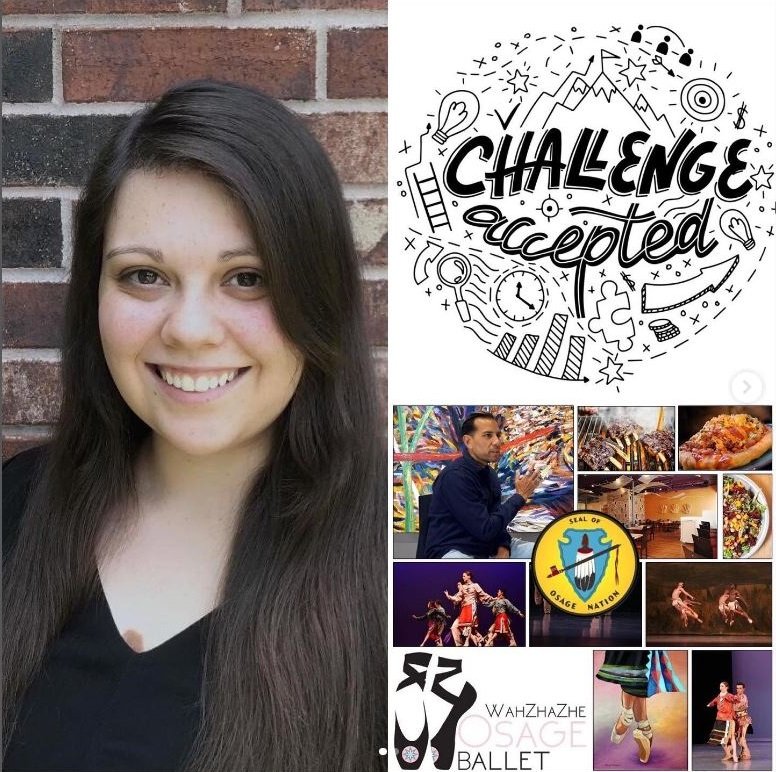Shoko Watanabe
Remember growing into, or out of, your religious beliefs?
Shoko Watanabe studies longitudinal patterns of religious doubt & belief from adolescence to young adulthood. She talked about that, St. Paul's road to Damascus, South Park, advice, and Lauryn Hill.
Tessa van der Willigen
Tessa van der Willigen was the Chief of Staff to 2 of IMF’s Managing Directors. Now, she works on existential psychology, and spoke with us about the difference between ontological and phenomenological autonomy. Also, advice, Shakespeare, & Kae Tempest.
Stylianos Syropoulos
Think about the legacy of your actions... Will people remember you for something? Will they be impacted, in some way, by your efforts for years to come?
Stylianos Syropoulos studies legacy motivations & shared about the data, popular culture, and gave advice.
Alex Sielaff
Existential isolation—the "unbridgeable gap" between your mind and rest of the world—inhibits meaning in life, but not for people who've had mystical experiences. Alex Sielaff shared about that research, Carl Sagan, The Matrix, Ravi Shankar, skydiving, and Tool.
Sheila Umemoto
Sheila Umemoto studies how civilian and active-duty military handle existential insecurity and its effect on substance use vs. abuse, belonging, and suicide risk. She shared about the research, her life experience, art/culture, music, and offered advice.
Jonah Li on meaning and purpose in life
Jonah Li studies what people *consciously* think makes their life meaningful. Latent profile analysis ID'd relationships, spirituality and personal growth, and significance/impact. Also shared abt choosing paths to meaning, gave advice, and talked music.
Katarzyna Cantarero on promoting meaning at work
Kasia Cantarero shared about data finding that, vs. neutral and self-oriented, other-oriented mindsets boost meaning and engagement at work. Illustrations from Friends, Simpsons, and The Man in the Grey Flannel Suit. Plus work-life balance, running, kids, music.
Muireann O'Dea on boredom, self-compassion, and meaning
Boredom indicates a lack of meaningful engagement. Muireann O'Dea found self-compassion buoys the sense of meaning & reduces boredom. She connected it to lockdown protests, Dalai Lama, mused about next steps, grad school advice, and the music of Del Water Gap!
Lisa Blatz on Measuring the Emotional Experiences of Freedom
Lisa Blatz studied freedom experiences, identified a two-factor solution, and tracked it longitudinally: people enjoyed "freedom from" restraints but anxious about "freedom to" find their way in life. Nods to Erich Fromm, Isaiah Berlin, Nina Simone, Animal Farm, modern dance, etc.
Abdo Elnakouri on the Search for Truth and Knowledge
Abdo Elnakouri does experiments on how "secret" knowledge makes people feel & how existential concerns amplify the search for privileged "truth." He makes connections to The Alchemist, The Secret, Rush Limbaugh, and Hitchhikers Guide to the Galaxy.
Alexis Goad on Culture, Authenticity, & Indigenous Identity
How do race, ethnicity, and culture benefit from existential psych research? Alexis Goad studies how cultural representations of Native American identities impact whether people internalize those identities as part of their "authentic self." Huge implications!
Frank Martela on Beneficence and Meaning in Life
Frank Martela uses a variety of research methods to study the role of benevolence in the experience of meaning in life. We talked about his research and its applications to self-determination, religious/secular values, Pixar's movie Soul, advice, and Finnish skiing and music.
Mira Gruber, undergraduate research on robot-human interactions
Mira Gruber studied whether parasocial relationships w/ humanoid vs. non-humanoid caregiving robots could soothe existential concerns (e.g., isolation, death) among the elderly. The (uncanny) humanoid amplified existential concerns. Also Blade Runner and Bowie.
Peter Helm on Measuring Feelings of Existential Isolation
Peter Helm studies existential isolation—the unbridgeable gap between oneself and the world—and has developed a state/trait model, helped develop a measure, and found it's affected by race, gender, occupation, etc. He chatted with us about his research, its various applications, and professional advice.
Ron Chau on Mindful Death Awareness and Values
Ron Chau almost died in a car crash. Now he studies if/when/how contemplation of finitude changes outlooks, values, and ways of life. He has an AMAZING LIFE STORY, excellent ideas and longitudinal data, and makes fascinating connections to tech, art, literature, music.
Dylan Horner on Death Awareness and Self-Determination
Dylan Horner studies how autonomy/self-determination and death awareness interact to impact existential motivations. He shared abt related experiments, poetry/music, and dished up advice. Also, the art featured in the article is his own!
Madhwa Galgali on Death Awareness, Religious Belief, and Atheists
Madhwa Galgali, of University of Missouri, studies the role of existential concern in religious faith among religious and atheists. We sat down to interview him about the research, literature, and philosophy, as well as his work to grow cross-cultural collaborations.
Gülnaz Kiper on Identity, Difficulty Mindsets, and Hope
Gülnaz Kiper studies the way difficulty mindsets impact purpose, meaning in life, and commitment to goals. She shared about her research and its connection to BLM, COVID19, films (Qatsi trilogy, Suffragette), and Buddhism.
Harrison Schmitt on Environmental Contamination and Suffering
Harrison Schmitt uses mixed methods to study the experience of chronic environmental contamination (CEC), which can lead to social fragmentation, ambiguous moral responsibility, and communal stress and suffering. We chatted about his research and its connections to society and culture.
McKenzie Lockett on Sexual Objectification and Experiential Isolation
McKenzie Lockett studies the intersection of sexual objectification and existential isolation—how being treated as an object can undermine shared subjective experience. She told us about her research and its connections to books, movies, sports, and more.



















